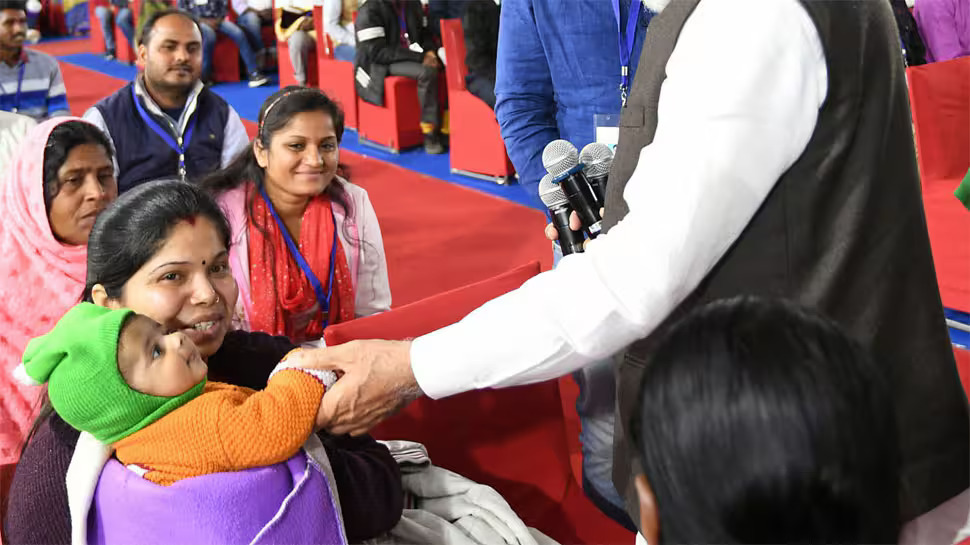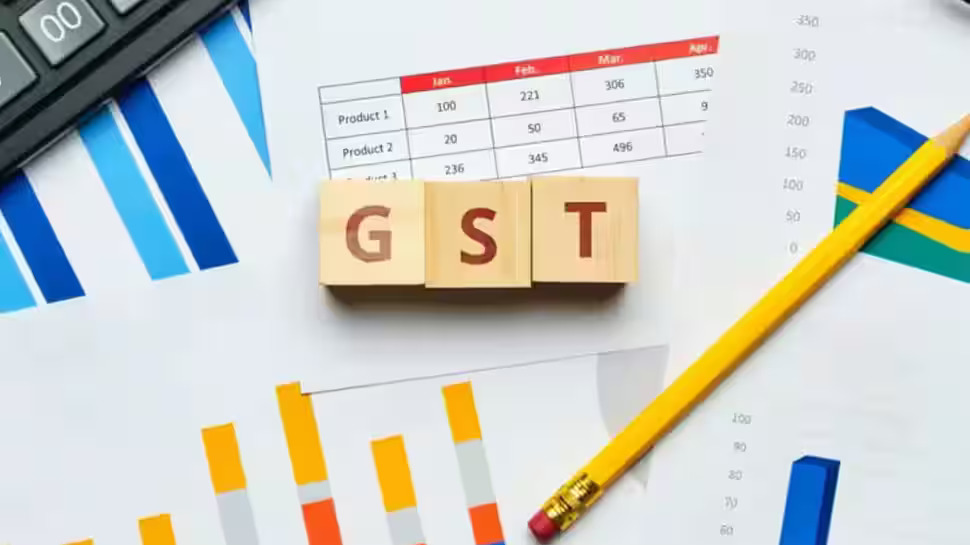:
Breaking News :
Blockchain Innovator Sheik Ahamed Ali: Enhancing Military Data Security

- Amit Bhardwaj
- 22 Oct, 2024
In an era where protecting digital information is as crucial as safeguarding physical infrastructure, the defence sector seeks cutting-edge solutions to bolster cybersecurity. One such solution comes from Sheik Ahamed Ali, a tech innovator from Puducherry, India, whose blockchain-based credentials verification system is gaining attention for its potential to transform military data security. At a time when cybersecurity concerns are intensifying, particularly within the defence industry, Ali's innovation could offer a more resilient and secure way to verify credentials, ensuring that sensitive information remains safe.
Revolutionising Military Data Security
Blockchain technology, widely known for its association with cryptocurrencies, is now recognised for its broader applications in enhancing digital security. Sheik Ahamed Ali's credentials verification system utilises blockchain's decentralised architecture to verify identities and credentials, a critical need in the military, where access to classified information must be meticulously controlled. Unlike traditional verification systems that rely on a central authority, which can become a vulnerability in case of a breach, blockchain distributes trust across a network of nodes. This decentralised approach minimises the risk of hacking or manipulation, making it a compelling alternative for military use.
In defence environments, where delays in credential verification can hinder operations, verifying personnel almost instantaneously can enhance both efficiency and security. "Blockchain allows for immediate verification, reducing the risk of unauthorised access," said Ali. "In military scenarios, where quick decision-making and security are paramount, this can be a game-changer." Ali's system's potential applications extend beyond simple data verification. The technology can ensure that sensitive operations remain secure by preventing unauthorised access to classified data, reducing the risk of espionage or sabotage. "By decentralising trust, we remove a critical point of failure and offer an inherently more secure system," Ali emphasised.
Increasing Defence Sector Interest
The defence sector has already begun to take note of the potential applications of Ali's blockchain solution. Aerospace scientist Mirza Faizan sees the technology as revolutionary, particularly for industries where the truthfulness of data is non-negotiable. "In environments where safety and precision are vital, such as defence or aerospace, blockchain could drastically reduce the margin for error," Faizan said. With increasing threats from cyberattacks on defence systems, blockchain's inherent resistance to tampering and fraud has sparked interest from various defence agencies in exploring more robust cybersecurity measures.
Dr. Hashima Hassan, a senior scientist at NASA, also endorses Ali's innovation for its potential applications beyond Earth's atmosphere. "Data security is one of the biggest challenges we face in space exploration," Hassan commented. "A system like this could allow us to focus more on advancing space technologies, knowing that our data is securely managed."
Military organisations are currently evaluating Ali's blockchain-based system for its ability to safeguard sensitive operations. With defence sectors constantly threatened by sophisticated cyberattacks, a secure, decentralised system that offers instantaneous verification of credentials can play a pivotal role in protecting classified data.
Military Applications: Reducing Risk and Enhancing Efficiency
The military has unique and stringent data security requirements, particularly when handling sensitive or classified information. One of the main advantages of blockchain in this context is its ability to offer real-time verification while maintaining the highest level of data integrity. Traditional systems, which can take hours to verify credentials, leave a window of vulnerability during which unauthorised access could occur.
Ali's system, on the other hand, could reduce this verification time to mere seconds, ensuring that only authorised personnel can access mission-critical information on time. This innovation could have far-reaching implications for military logistics, communications, and field operations.
For example, personnel operating in remote or hostile environments can be quickly verified without the need for centralised databases, which are often vulnerable to cyberattacks. By removing the reliance on a single point of failure, Ali's system could protect against threats that target critical infrastructure, enhancing the overall security of military operations.
Broader Impact Beyond Defence
While Sheik Ahamed Ali's credentials verification system is now closely examined by defence sectors, its potential impact has already been felt in other industries. In India's automotive market, the system has been used to tackle fraud by providing transparent, tamper-proof records of vehicle histories.
Leave a Reply
Your email address will not be published. Required fields are marked *






